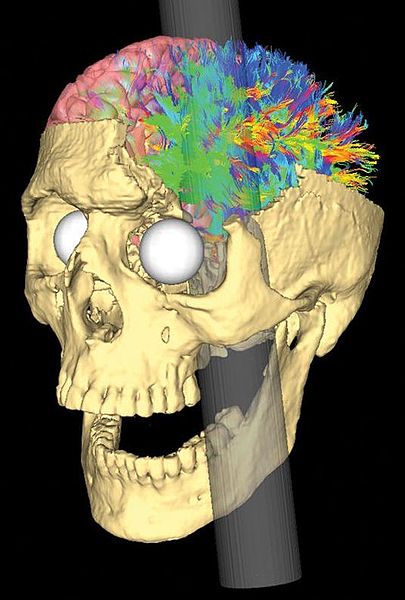In psychology, trait theory is an approach to the study of human personality. Trait theorists are primarily interested in the measurement of traits, which can be defined as habitual patterns of behavior, thought, and emotion. According to this perspective, traits are aspects of personality that are relatively stable over time, differ across individuals, are relatively consistent over situations, and influence behaviour. Traits are in contrast to states, which are more transitory dispositions.
Similarities between lower-order factors for psychoticism and the facets of openness, agreeableness, and conscientiousness (from Matthews, Deary & Whiteman, 2003)
Personality psychology is a branch of psychology that examines personality and its variation among individuals. It aims to show how people are individually different due to psychological forces. Its areas of focus include:Describing what personality is
Documenting how personalities develop
Explaining the mental processes of personality and how they affect functioning
Providing a framework for understanding individuals
A large iron rod was driven through Gage's head, resulting in a personality change.
False-color representtations of cerebral fiber pathways affected in Phineas Gage's accident, per Van Horn et al.



